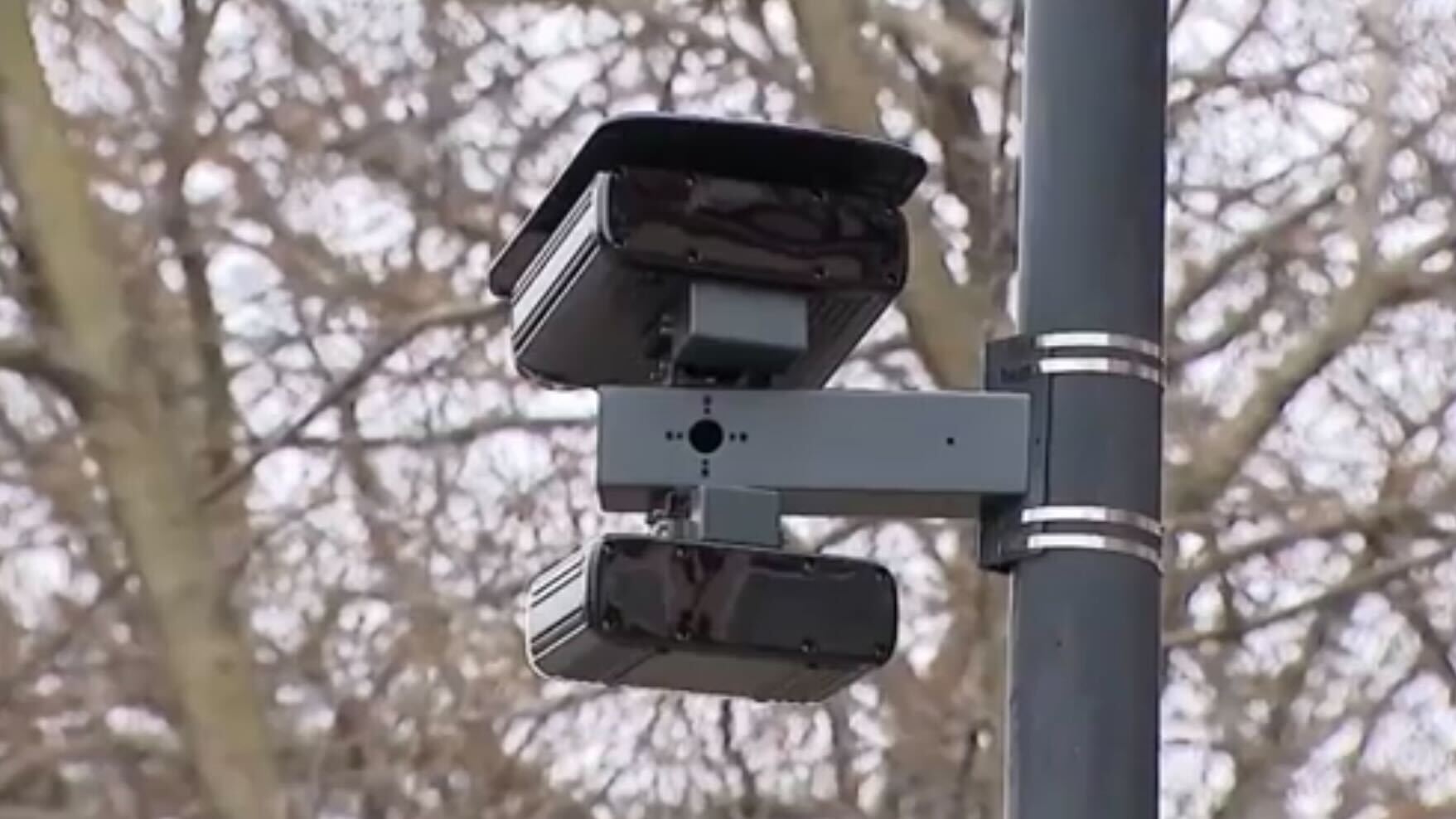US Surgeon General Jerome Adams joined IDPH Director Dr. Ngozi Ezike and CDPH Commissioner Dr. Allison Arwady in urging people to stay home for the holidays this month as they share optimism about the state’s vaccine rollout.
Phase 1A of COVID-19 vaccinations could last through part of February, Chicago's top doctor announced Tuesday.
During a coronavirus briefing, Chicago Department of Public Health Commissioner Dr. Allison Arwady said the initial groups will likely take through mid-February to vaccinate. She added that, for some, they will only have received the first dose of the two before the city begins vaccinating other populations.
"So while we are in Phase 1A, which again, is December, January, February, the focus is on health care workers and long term care facility residents," Arwady said. "We will be starting to stand up like I mentioned some of these larger points of dispensing, to be able to make sure that all healthcare workers are able to be vaccinated."
Arwady said the city will put up its first mass vaccination site next week, which will allow for health care workers to be more rapidly vaccinated.
U.S. Surgeon General Jerome Adams, who visited Illinois Tuesday to examine the state's vaccine rollout, said he hopes to have half the adult population nationwide vaccinated by the end of February.
Based on data from the Centers for Disease Control and Prevention, health care workers and long term care facility residents are in the 1A group, or of the first people to receive the COVID-19 vaccine statewide.
According to the Illinois Department of Public Health website, the following groups of individuals will be prioritized in the initial phases of the vaccine rollout:
- Health care personnel and residents of long term care facilities
- Essential frontline workers, including first responders
- People with high risk medical conditions, as well as adults over 65 years of age
Thus far, Chicago has only vaccinated health care workers, but have sent the vaccine to all 35 hospitals across the city. Arwady said the health department will begin vaccinating at long term care facilities beginning next Monday.
Local
Based on information from an Advisory Committee Immunization Practices meeting Sunday, first responders, essential workers and individuals between the ages of 16 and 64 with high-risk medical conditions could be next to receive the vaccine.
Any recommendations made by the ACIP must then be passed to the CDC for approval and official recommendations. As of Tuesday, the CDC has not officially said the order in which all vaccinations will occur, nor the timing.
Illinois plans to receive its first shipments of Moderna's COVID-19 vaccine as well as additional doses of the Pfizer vaccine this week, state officials said.
Last week, Illinois Gov. J.B. Pritzker expressed concern about reduced shipments of the Pfizer vaccine, saying that the state had been informed the federal government was anticipating a reduction of nearly 50% in the number of doses it was able to deliver to states in the following two weeks.
Army General Gustave Perna, the COO of Operation Warp Speed, said officials were working hard to provide accurate numbers to states, but that he was forced to lower allocations of the vaccine because of limits in the amount of “releasable doses."
As of Monday, more than 63,000 Illinoisans had received the first doses of the vaccine, according to a spokesman for Pritzker. The provided number does not include vaccinations in the city of Chicago.
Unlike the first doses of Pfizer's vaccine, which were sent to Illinois' Strategic National Stockpile and then distributed to hospitals, the doses expected in the coming days will be directly shipped to hospitals.
Approximately 60,450 doses of the Pfizer vaccine are slated to be delivered Tuesday and Wednesday, the governor's office stated. A large portion of the aforementioned doses will be allocated to long-term care facilities, and will be administered by Walgreens and CVS through a federal partnership.
Those vaccinations will begin the week of Dec. 28, state officials said.
The remaning 20,000 doses will be directly shipped to hospitals with ultra-cold storage, which is necessary for the Pfizer vaccine, and will be given to health care workers.
Approximately 174,000 doses of Moderna's vaccine are expected to be delivered to hospitals on a rolling basis starting Wednesday and Thursday.



